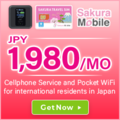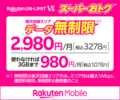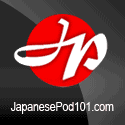In Japan, like other countries, if you start a food business such as restaurants or a food manufacturing company, you need to obtain a permit for your business. This guide describes what you need to know about establishing a food manufacturing business in Japan; concerning application process, qualifications, and requirements. Food Manufacturing Business PreparationWith the assumption that you have done your research, developed an idea and have planned the marketing strategy including;
These steps are pretty broad and can really encompass any type of food product that you may choose to produce and sell. There are a lot of little tiny details in between each step of course; here, we have broken it down to really basic steps. If you are a beginner and don’t know much about food products but have a passion for a certain recipe or want to get into the food business, these steps are probably the most important aspects you need to think about. How To Start A Food Manufacturing Business In JapanThe required facilities and the standards are different depending on the business type or the food to be handled. Make sure to consult with the Environmental Health Division of Public Health and Welfare Center of the area (town, ward… office), where you want to start your business, beforehand. If your Japanese language ability is not sufficient for understanding technical terms, someone who can understand Japanese should accompany you. The application process is almost same as restaurant application procedure.
Documents Necessary For Application:
To manufacture and pack food products a dedicated facility is required, and you need to obtain a food processing/manufacturing permit. (The products cannot be made in the kitchen of a restaurant or home). Food products manufacturing/processing businesses should have a full-time food sanitation supervisor (not a food sanitation manager), who must be a member of manufacturing workers. Name-lending is prohibited. Food sanitation supervisor (Article 48), can be a physician, dentist, pharmacist, or veterinarian; or someone who has graduated from a university after completing a course in medical science, dentistry, pharmacy, veterinary medicine, animal science, fisheries science, or agricultural chemistry. Also can be a person who has graduated from a high school or higher and has been engaged in sanitation management of the production or processing of food or additives for three years or more at production or processing businesses for which full-time food sanitation supervisors are required, and who has completed courses of training sessions registered by the Minister of Health, Labour and Welfare. To manufacture or process food products, you should follow the standards and meet the criteria of ingredients of food production. When selling in Japan, food labels must be attached to the product, and the labels must be in Japanese. These labels contain information about the product including nutritional facts, ingredients, allergens, manufacturer name and contacts, storage condition and shelf life. Food Products Expiry DatesFood expiry date also known as shelf life is a date that informs customers of safety and suitability to consume a particular product. Labeled packed food sold to customers should contain a food expiry date. This may be in the format of either a best-before date or a use-by date. Best-before date refers to a date until which the product can be eaten deliciously like, cup ramen or canned foods. Use-by date refers to a date after which the product may no longer be safe to consume like, boxed lunches or sandwiches. The expiry date is generally set during the product development phase. It is essential to have enough knowledge about the microbiological, chemical and quality hazards of the raw materials used, and the production process. Your product can be examined and evaluated at various points in the shelf life process. For example, if you think the product will be safe to consume up to 12 months, you would examine at say Day 1, Day 30, Day 60 and so on. The product testing is usually completed by a food laboratory. Note that you setting your food expiry date based on what other manufacturers have labelled may not be valid, because, the raw materials and processes used by you may be different to how they manufacture their products. For information about the guidelines for setting food expiration dates for your products visit Japan’s Consumer Affairs Agency. Food LabelingWhether you manufacture food products in Japan, or import/export them to the country, there are mandatory labels that must be attached to the product before selling. Food labels should bear the following mandatory labeling items: legal name, ingredients, net quantity, best-before date, storage conditions, country of origin and manufacturer or importer’s name and contacts. Nutrition facts are also a mandatory labeling item except for B2B (business to business) products. In case the product is addressed to the consumer, it has to have the nutrition facts on it. In case the producers would like to display some nutrition claims then he needs to check through the regulations and the list of health nutrition claims allowed for use by the MHLW. The same applies to other health claims; the manufacturer should pay good attention to the regulations and to the allowed claims for use and the conditions that should be met to avoid misleading consumers. You can find food testing laboratories in Japan with a simple search on internet. They will ask you to provide facts about your products to be able to give you the necessary information and labels you need. The details you should provide may include;
For individuals and smaller businesses, the practical option for getting help would be doing it yourself by using a nutritional database and a nutrition calculator. Just enter-in a particular ingredient and serving size, and you will be given specific nutrition facts. Some of the online resources and tools are as follow:
Label BankIf you find the process of labeling confusing and want it to be done professionally, you can contact food labeling companies like Label Bank. Label Bank provides a range of services surrounding food ingredients and labels. They create food labels from scratch in compliance with Japanese regulatory requirements. A team of professionals will help you to determine whether or not any changes to food ingredients/additives used in the product will be required. They translate descriptions, such as storage conditions and cooking instructions, on food labels/packaging into terms and phrases widely used in Japan, and ensure that all mandatory requirements are met. Visit label bank website to read more and if you need, to download a PDF file about their Food Labeling Services which includes estimated pricing as well. This guide provides general information about starting a food manufacturing business in Japan, and not technical or legal advice. Precise information can be obtained from your local public health center in the city office where your business is located. You can take advantage of the free consultation services that are provided to support new and existing businesses. The services vary slightly from one prefecture to another. Related Links:
0 Comments
Leave a Reply. |
Halal In Japan
|
|
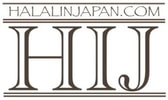
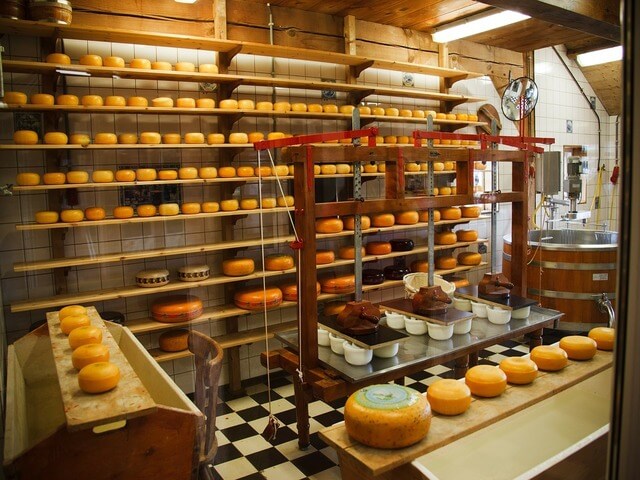

 RSS Feed
RSS Feed
